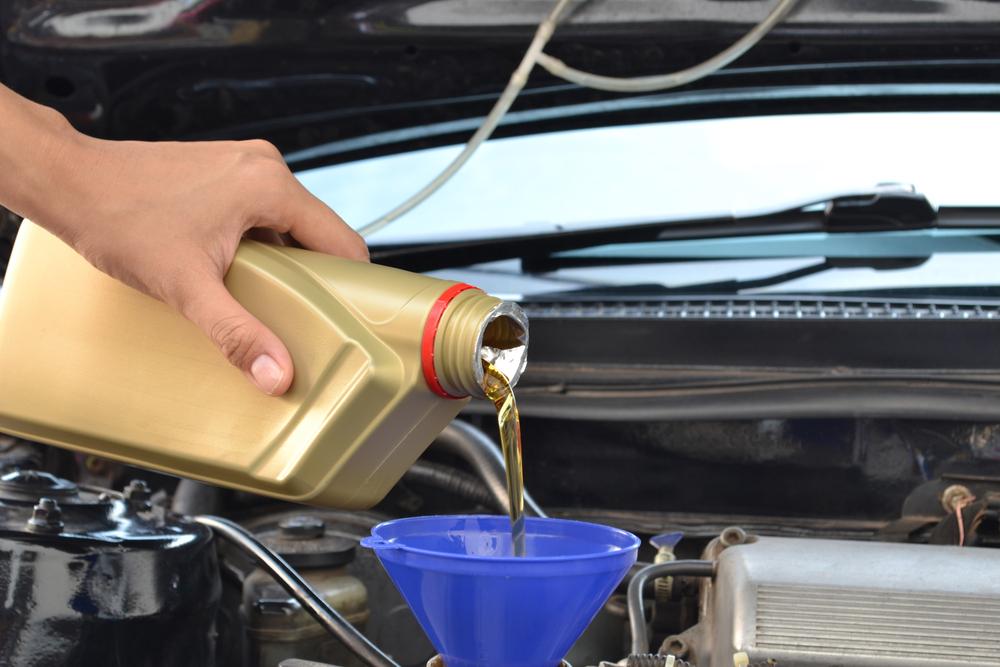Essential FAQs About Automotive Lubricants
Learn essential facts about vehicle lubricants, including oil change importance, interpreting oil viscosity numbers, and benefits of synthetic oils. Discover tips to maintain your vehicle’s engine performance and save costs through coupons. Expert advice on chemical flushes and identifying engine oil issues ensures your car stays in top shape for longer, making driving safer and more efficient.

Essential FAQs About Automotive Lubricants
Understanding vehicle maintenance includes knowing how often to change oil, the importance of lubrication, and ways to save on service costs through coupons like oil change discounts. Here are some common questions addressed about motor oils, oil replacement, and savings offers:
Why is regular oil change vital in aging vehicles?
Changing the oil removes dirt, metal particles, and other contaminants accumulated over time, replacing it with fresh lubricant to ensure optimal engine performance and longevity.
Driving older cars without timely oil changes can lead to higher fuel consumption or engine failure. Frequent oil replacements help keep engines clean and efficient.
What do the numbers on motor oil bottles mean?
The first number indicates the oil’s flow at low temperatures, reflecting its viscosity during startup, while the second relates to high-temperature viscosity, important for engine protection at operating temperatures. Choose the right viscosity based on your vehicle's specifications.
Are chemical flushes necessary, and what do they do?
Chemical flushes maintain the cooling system's pH balance and remove oxidation from transmission components, ensuring smooth operation. Proper lubricants are essential for protecting vital engine parts and maintaining overall vehicle health.
What does it mean if engine oil appears milky brown?
This indicates coolant contamination, possibly due to a failed gasket or transmission cooler, requiring prompt professional inspection.
What is synthetic engine oil?
Synthetic oils perform better in extreme temperatures and are ideal for high-performance, turbocharged, or supercharged engines. They are more costly but offer longer-lasting protection and improved fuel efficiency, reducing the need for frequent changes.
Note:
This article offers general information on vehicle lubrication and maintenance. While the insights serve as a helpful guide, they should not replace professional advice. The website cannot guarantee the accuracy of external data or cover every available discount or scheme.










